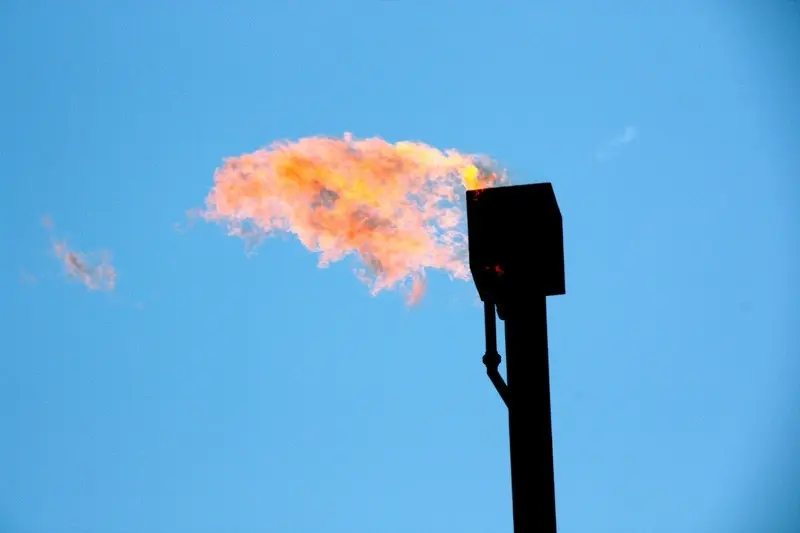
The price of even relative failure in the oil and gas sector remains high as Falcon Oil & Gas (FOG:AIM) plunges earthwards on disappointing results from a well test in Hungary. The shares are down 15.9% to 7.25p.
We were enthusiastic about the company's A$200 million farm-out deal in Australia - announced earlier this month (2 May) - and still think this agreement could pay long-term dividends for the company. Today's announcement relates to the group's acreage in the Mako Trough onshore Hungary - the most advanced project in its portfolio.
Falcon is involved in a three-well programme with Naftna Industrija Srbije (NIS), a unit of Russian state operator Gazprom (GAZ), and the venture is looking to test tight gas potential. Testing on the first of these wells - Kutvolgy-1 - did not achieve commercial rates and it will now be plugged and abandoned. The good news is it is not exposed to any costs on the current drilling and the follow-up Besa-D-1 exploration well has already been spudded.
House broker Cantor Fitzgerald remains a buyer of the company and reiterates its 30p price target.
Fellow house broker Davy stays at 'outperform' and comments: 'The result is disappointing but reflective of early work in unconventional projects. The statement points to ongoing work assessing the over play profile in the Mako Trough, including the deeper play where Falcon has already drilled a number of wells and has a database of up to six wells with hydrocarbons flowing from each tested horizon. If the second well does not work in the shallower tight gas play there is still considerable potential in the overall basin.'
Including its Hungarian acreage Falcon has three main areas of operation. In South Africa the company has teamed up with US firm Chevron (CVX:NYSE) to pursue opportunities in the Karoo basin - a prospective shale resource. In Australia domestic play Origin Energy (ORG:ASX) and South African gas-to-liquids specialist Sasol (SSL:NYSE) will take a 70% stake in Falcon's Beetaloo acreage, which has prospective resource potential of 162 trillion cubic feet of gas and 21 billion barrels of oil, in return for meeting the costs of a potential nine-well programme over the next five years.




